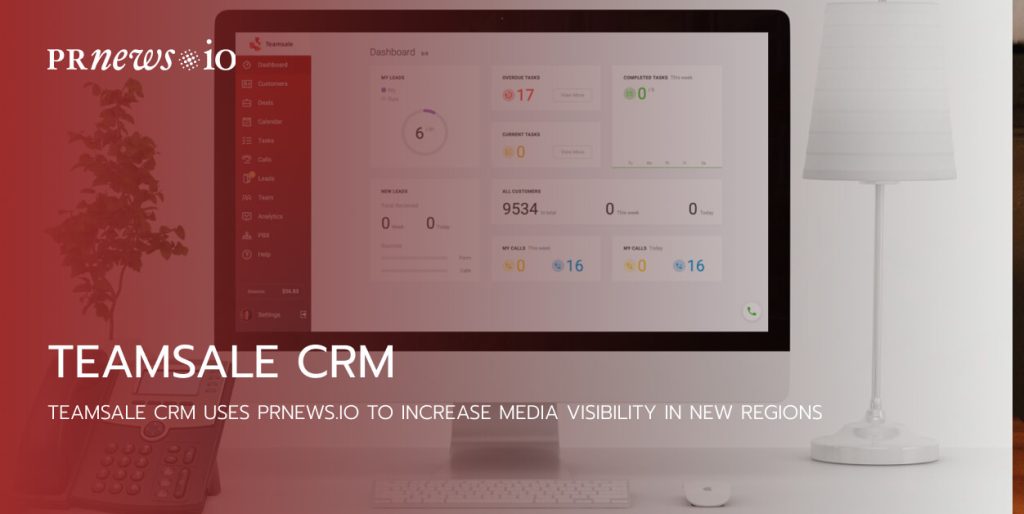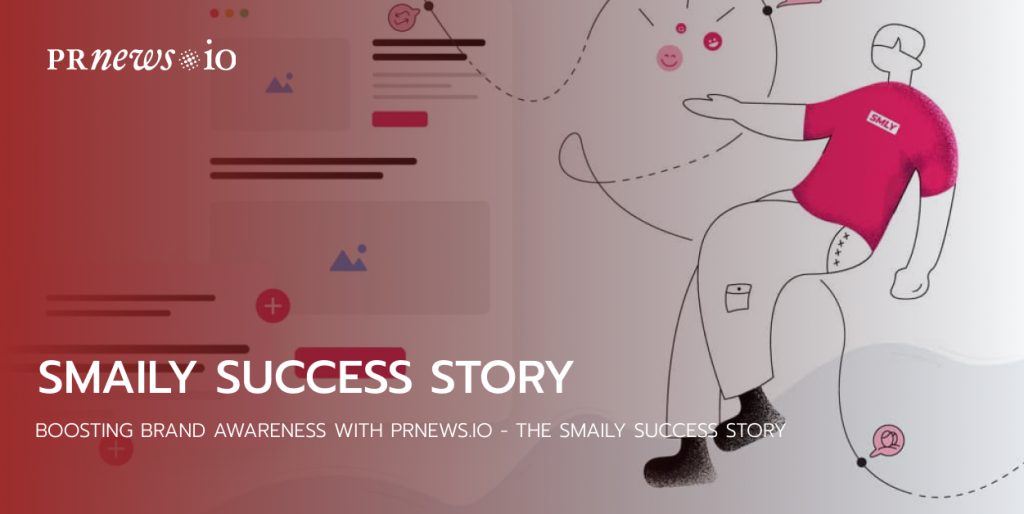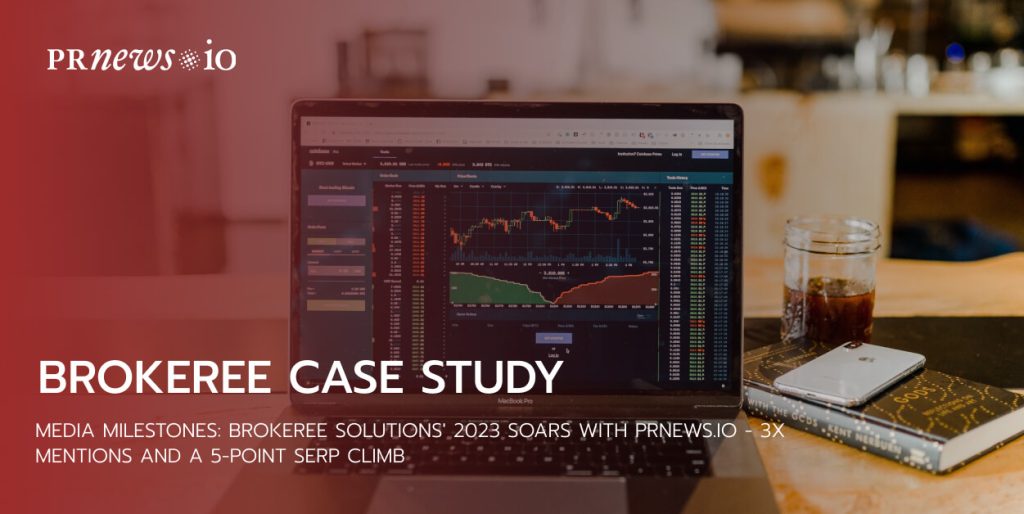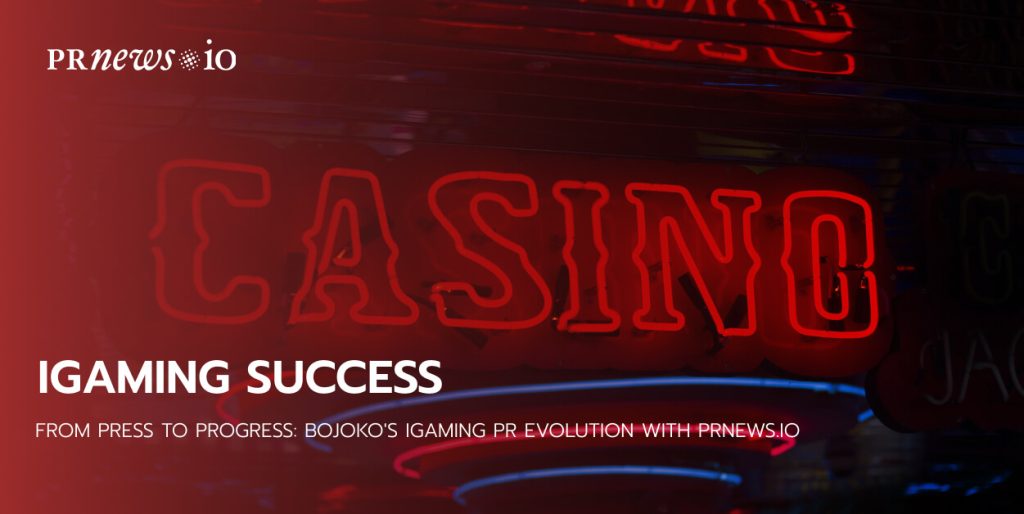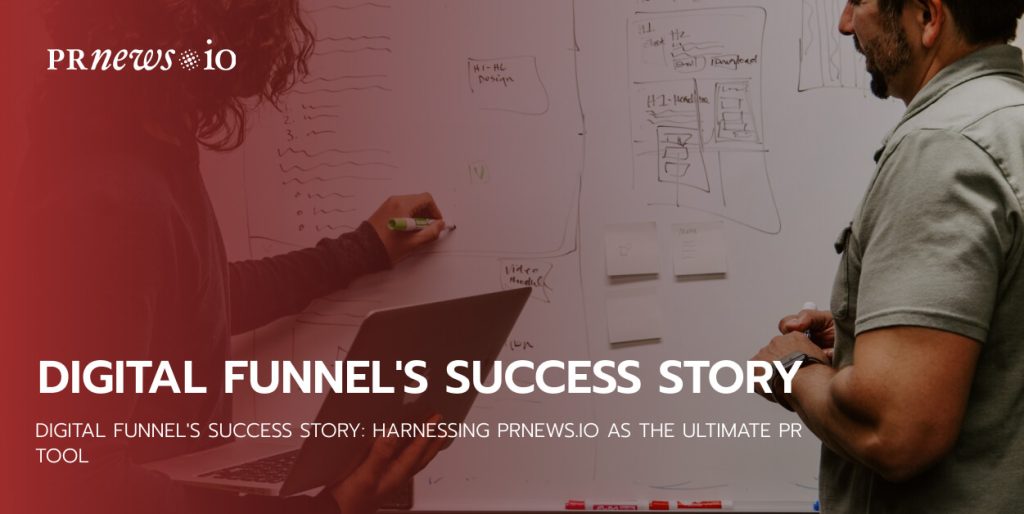Looking for a way to obtain an EB-2 NIW talent visa? This exhaustive article illuminates the path to obtaining this coveted visa. We will explore the essence of the EB-2 NIW visa, its essential requirements, and the keys to successful applications. The article will also cover the role of media coverage and letters of recommendation in enhancing your application, portraying a vivid picture of your accomplishments and contributions to society. This visa is more than an immigration document; it is the key to your future and a platform from which you can influence the socioeconomic fabric of the United States.
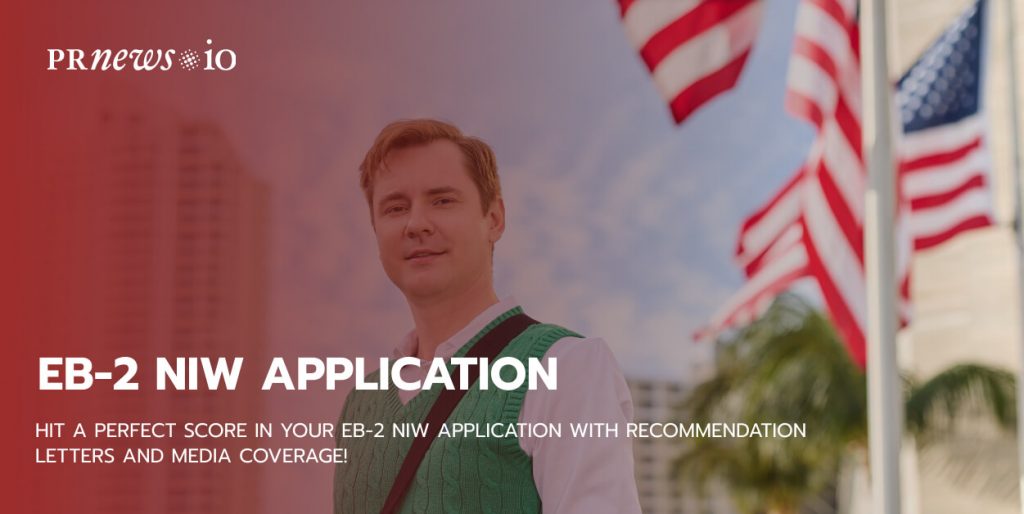
At the heart of the EB-2 NIW visa lies its core requirement: the applicant’s work should significantly benefit the US at a national level. According to statistics based on Form I-140 Immigration Petition for Alien Workers, an average of 94% of EB-2NIW cases across all countries have successfully received a visa and migrated to the US. Also here’s where the power of media recognition and recommendation letters comes into play. These elements help validate your accomplishments, amplify your professional stature, and highlight your contributions to society. By strategically using these elements, you can solidify your suitability and reinforce your case, showing convincingly how your work will serve the US national interest.
As we dive into the details of the EB-2 NIW visa, explore the impact of media and recommendation letters, and go through successful application stories, you will gain the insight and confidence you need to embark on your journey towards this sought-after visa.
What is the EB-2 NIW visa about?
The EB-2 National Interest Waiver or simply EB-2 NIW visa is a remarkable beacon for top-tier professionals worldwide. If you’re an individual who has either advanced education or exceptional ability in the STEM profession group (science, technology, engineering, and/or mathematics), then this visa is tailored with you in mind. But what makes it particularly special?
Unlike other employment-based visas, the EB-2NIW obviates the need for a job offer and a labor certification from the Department of Labor, which can sometimes be a prolonged and tedious process. You have the freedom to ‘self-petition,’ an empowering factor that brings the future right into your hands. Moreover, it paves the path to a Green Card, transforming your dreams of permanent residency into reality.
Now, imagine you’re advancing your career, stimulating innovation, and making an impactful contribution to your field right here in the United States. Picture the joy of being recognized for your exceptional abilities and the sense of achievement you’ll experience. This is the power of the EB-2 NIW visa; it is not merely a piece of paper, but rather a key that uncovers opportunities for personal development and contributes to the socioeconomic fabric of the United States.
You’re not just immigrating; you’re shaping the future – yours and the United States. Our extensive video guide provides vital insights and tips on what roles have more chances to be available to specialists connected, so get a sneak peak at it!
What are the main criteria?
The EB-2 National Interest Waiver (EB-2NIW) visa provides an extraordinary opportunity for professionals to flourish in the United States, but its eligibility requirements must be satisfied. These have been meticulously constructed to ensure that visas are granted only to those who will significantly further the national interest of the United States.
To qualify for this visa, you must have one of either
- Bachelor’s degree with 5 years of work experience in a relevant field
- Master’s degree
- Exceptional ability in the sciences, arts, or business
It’s important to note that ‘exceptional ability’ goes beyond mere proficiency; it’s about proving that you are at the top of your field.
Evidence to support your application includes but is not limited to:
- Memberships in professional associations in your field
- Demonstrating your recognition by your peers
- Substantial contributions to your field (such as patents or pioneering work)
- Holding a license to practice your profession
- Academic records (diploma or certificate)
- Earning a significantly higher salary compared to others in your field
- Documented work experience, corroborated by letters from current or former employers.
It’s crucial to know that exceptional ability must be proven by satisfying at least three out of the six listed criteria. The EB-2NIW is not just about checking boxes but creating a compelling case that you are uniquely positioned to contribute to the United States.
The Role of Media in EB-2 NIW Visa Applications
Media coverage plays an indispensable role in your EB-2 NIW visa application. It operates as an external validation of your professional accomplishments and demonstrates your standing in your field, significantly improving your application.
Coverage in reputable media outlets signifies recognition of your work by peers and experts within and beyond your industry. It shows that your contributions are not only locally significant but also extend to a broader audience, influencing the national or even international sphere. Media coverage from respected news outlets or recognized industry journals acts as a strong testament to your qualifications and the impact of your work.
Media coverage can serve as evidence of a candidate’s standing in their profession. It may contain press releases, news articles, interviews, and feature stories highlighting the applicant’s work or achievements. These items can help portray a picture of the applicant’s standing in their profession, thereby enhancing their application’s credibility and authority.
Why is media coverage a vital component in an EB-2 NIW?
Establishing Reputation and Recognition
Media coverage can serve as evidence of a candidate’s standing in their profession. It may contain press releases, news articles, interviews, and feature stories highlighting the applicant’s work or achievements. These items can help portray a picture of the applicant’s standing in their profession, thereby enhancing their application’s credibility and authority. The presence of substantial media attention can effectively showcase an applicant’s exceptional ability, demonstrating that they are acknowledged by their peers and respected for their professional contributions.
Demonstrating Significant Contributions
By highlighting the applicant’s works, media coverage can help demonstrate their impact on the field. This impact can be presented in various forms – it might show how the applicant’s work has led to advancements in the industry, resulted in new technologies, influenced policy changes, or improved the well-being of communities. We actually have a similar case which is featured on our YouTube channel!
Thus, being recognized by media outlets for such achievements provides a more concrete basis for demonstrating significant contributions to the field, satisfying one of the key requirements of the EB-2 NIW.
Influencing Public Perception
The media is capable of influencing public opinion. Positive media coverage may contribute to a favorable impression of the applicant’s work and personality. This, in turn, can affect how the evaluators view the applicant. The media’s ability to influence public perception can significantly contribute to the success of an EB-2 NIW petition.
Validating the National Interest Waiver Claim
The claim that the applicant’s admission will serve the national interest of the United States is a crucial element of an EB-2 NIW application. Media coverage that demonstrates the extensive positive impact of the applicant’s work, its relevance, and its potential for future advancement can be an effective means of substantiation.
Global and National Recognition
For the EB-2 NIW visa, recognition of the applicant’s achievements in their field of expertise is crucial. This recognition should not only be from local or regional peers but also at a national or international level. Media coverage, especially from reputable and well-recognized sources, can serve as proof of such recognition.
How can you make an appearance in a media coverage?
Securing appropriate media coverage is an integral part of the EB-2 National Interest Waiver (EB-2NIW) application process. It’s a tactical endeavor that requires strategic planning, compelling narratives, and active engagement. Here’s a small roadmap to obtaining the media coverage that can boost your EB-2 NIW application:
- Create a Newsworthy Story: The first step is to articulate the unique aspects of your work. Develop a compelling narrative that highlights your contributions and their societal impact.
- Pitch to the Right Outlets: Media coverage is most effective when it reaches the right audience. Identify media outlets that cover your industry and have a history of featuring exceptional individuals. Here’s a good example on how to organize your media coverage.
- Build Relationships with Journalists: Foster relationships with journalists and editors who cover your field. Attend media events, journalism workshops, or networking events where you can meet and engage with journalists that are interested in your field. For instance, if you’re a scientist studying climate change, you could attend a seminar on environmental reporting.
- Leverage Professional PR Services: If budget permits, consider enlisting the services of a public relations firm. They have established media connections and expertise in obtaining press coverage.
The Role of Recommendation Letters in EB-2 NIW Visa Applications
Recommendation letters, also known as letters of recommendation or reference letters, are an essential component of the EB-2 National Interest Waiver (EB-2 NIW) visa application process. These letters provide crucial evidence of an applicant’s exceptional ability and potential to substantially benefit the national interest of the United States.
For an EB-2 NIW application, a well-crafted recommendation letter can significantly strengthen the application by providing:
Expert Validation of the Applicant’s Skills and Contributions
Recommendation letters typically come from experts in the applicant’s field. These individuals provide their professional endorsement of the applicant’s skills, qualifications, and achievements, confirming the applicant’s claims of exceptional ability. This is a crucial aspect of the application as it validates the applicant’s competencies and contributions to their field.
Understanding the crucial role of recommendation letters in visa applications, my company – Shamayev Business Law Company has created an online community to aid in this process. The community brings together professionals from various business industries and aims to exchange recommendation letters, facilitating the process of securing letters that truly encapsulate a professional’s exceptional ability and potential impact.
Evidence of the Applicant’s Unique Expertise
The EB-2 NIW category requires that the applicant possess an advanced degree or demonstrate exceptional ability. The application must also demonstrate that the applicant’s work benefits the national interest of the United States to a significantly greater extent than other applicants in the same discipline. Recommendation letters can highlight the applicant’s unique skills or knowledge that distinguish them from others, highlighting their value and prospective impact.
Contextualization of the Applicant’s Work and Impact
A good recommendation letter provides context to the applicant’s work. It describes how the applicant’s work fits into the larger field and explains its significance. It also elucidates the potential and actual impacts of the applicant’s contributions, making it clear how the applicant’s work has or could significantly benefit the U.S.
Substantiation of National Interest Waiver
The National Interest Waiver essentially waives the job offer and labor certification requirements, stating that it would be in the nation’s best interest to do so. Recommendation letters can make a compelling case for this waiver by providing comprehensive explanations and specific examples of how the applicant’s work is in the national interest of the United States.
Evidence of Peer Recognition
As evidence of peer recognition, recommendation letters from well-respected experts in the field can suffice. The fact that these professionals are prepared to vouch for the applicant demonstrates the applicant’s standing in their field. This recognition can help convince the adjudicator that the visa applicant is eligible.
However, it is essential to observe that not all letters of recommendation are equally effective. For these letters to have the desired effect, they should be:
- Specific: Rather than making broad, vague claims, the letter should provide specific details about the applicant’s skills, accomplishments, and contributions. It should include concrete examples that demonstrate the applicant’s exceptional ability.
- Credible: The letter should come from a reputable source. This could be a leading figure in the field, a former supervisor, or an academic expert. The author’s credibility can greatly enhance the weight of the recommendation.
- Personalized: A generic, form-style letter can be easily dismissed. The recommendation should be personalized, reflecting a genuine familiarity with the applicant and their work. It should convey the author’s earnest endorsement of the applicant.
- Clear and persuasive: The letter should be well-written and compelling. It should make a persuasive case for why the applicant is not only qualified but also exceptional, and why their work is in the U.S. national interest.
Practical Example of a Recommendation Letter
You should always underline the importance of an effective recommendation letter when preparing your EB-2 NIW application. Below, we provided an example of a well-crafted recommendation letter for an individual who has made substantial contributions to an ambitious national project: “AI-driven Education Reform.” This letter, penned by an expert in the field, exemplifies the structure and content required to effectively advocate for the applicant’s case.
“To Whom It May Concern:
I am endorsing [the petitioner’s] petition for immigration to the United States under the EB-2 NIW (National Interest Waiver) category. I am strongly advocating for [the petitioner], whose contributions to the field of artificial intelligence (AI) and its application to education reform, have been groundbreaking. This vital project presents an opportunity to revolutionize the education system, transforming it into an equitable, personalized, and effective platform, fundamentally driven by AI.
I first came to know [the petitioner] when we collaborated on the “AI-driven Education Reform” project. As a professor in computer science and a director of the AI Laboratory at XXXX University (further details in the enclosed Curriculum Vitae), I recognized [the petitioner’s] unique potential and pioneering approach in combining AI with educational paradigms.
In my professional estimation, [the petitioner] is an extraordinarily talented individual. His innovative approach and substantial contributions to the “AI-driven Education Reform” initiative are crucial to establishing the United States as a global leader in educational innovation. His accomplishments far surpass those of his contemporaries, as evidenced by the influence of his work and the recognition he has received from other specialists in the field.
[The petitioner’s] research addresses the challenges of modern education. His work centers on the development of personalized learning models, using AI to adapt educational content to individual students’ needs, thereby promoting improved student outcomes. Moreover, [the petitioner’s] work has the potential to democratize access to quality education, breaking down traditional barriers, and providing equitable opportunities for all students.
Beyond this, [the petitioner] has developed an AI system that adapts to students’ unique learning styles, an invention that has the potential to revolutionize how we educate. This system utilizes machine learning algorithms to evaluate a student’s strengths and weaknesses and then tailor educational content accordingly. This individualized approach has shown promising results in improving student performance and engagement.
[The petitioner’s] presence in the field of AI and education is a significant asset. His notable contributions have been recognized both nationally and internationally, with his research widely cited by other experts. The importance of [the petitioner’s] work goes beyond academia; his innovations could reshape the education system in the United States, aligning with the national interest.
Based on his considerable contributions to this pivotal field, I wholeheartedly recommend [the petitioner] for the EB-2 NIW. I do not doubt that [the petitioner] will continue to push the boundaries in his field and make further substantial contributions to the United States.
Best Regards,
XXXX, PhD
Director, AI Laboratory
XXXX University”
In Conclusion
In conclusion, the EB-2 NIW visa is an exceptional opportunity for top-tier professionals worldwide that want not only to continue their journey in life but also to make an impact on the US. By meeting the outlined criteria and strategically utilizing media recognition and recommendation letters, you can build a compelling case for your application. However, always remember that a recommendation letter or media isn’t about a general endorsement. It plays a crucial role in your visa case, addressing a specific criterion of the visa application.
Thus, it is not merely a formality, but rather a transformative journey that could lead to significant personal and professional development while allowing you to contribute to the socioeconomic landscape of the United States. Learn more about EB-2NIW to understand your chances for EB-2 NIW visa.

